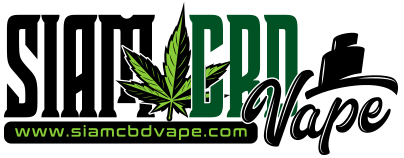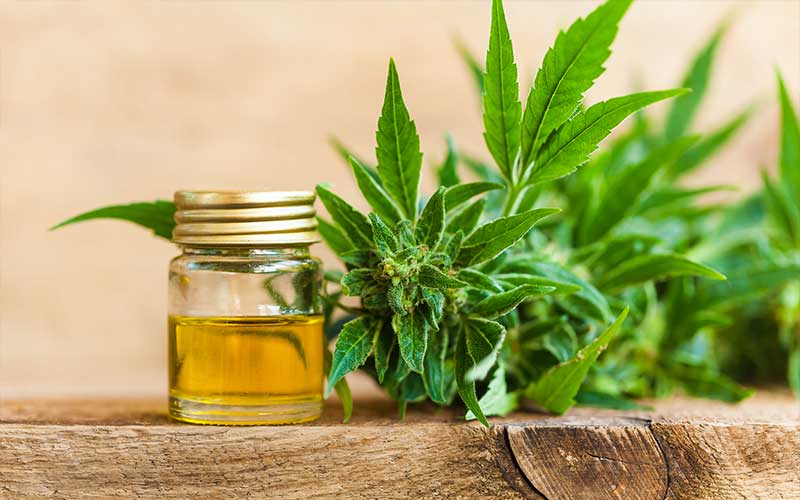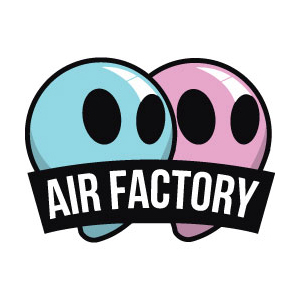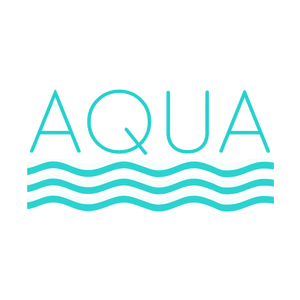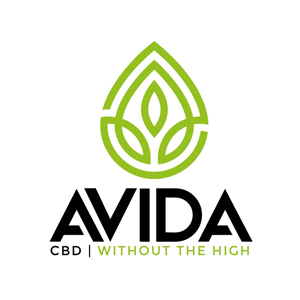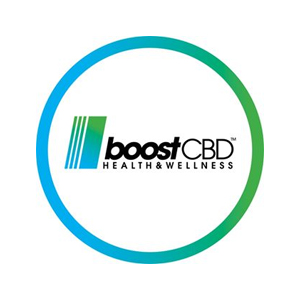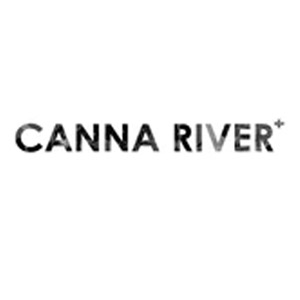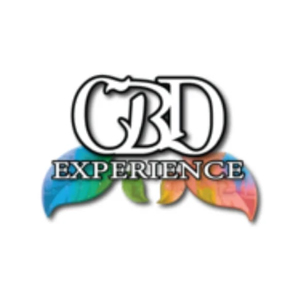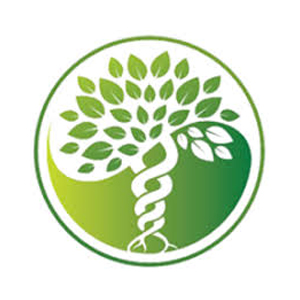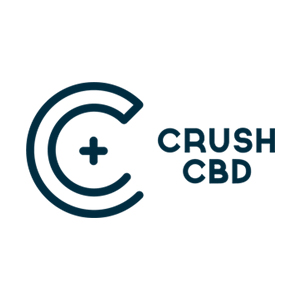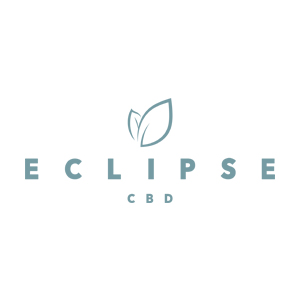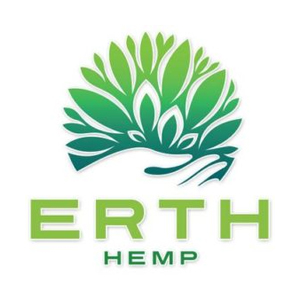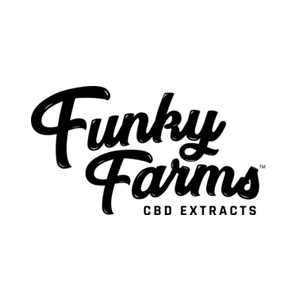No products in the cart.
Cannabis And Hemp Business Guide in Thailand Leave a comment
Cannabis And Hemp Business Guide in Thailand. Until June 9, 2022, cannabis and hemp had been classified as a category 5 narcotic under Thailand’s 1979 Narcotics Act. For many years, all activities related to the plants and their derivatives was heavily restricted until regulatory liberalization began in February 2019 with an amendment to the Narcotics Act. Over the next few years, restrictions on specific types or uses of cannabis and hemp were gradually loosened, and then Thailand became the first country in Asia to permit growing, selling, and using the plant for both medical and other permitted purposes when it delisted both cannabis and hemp plants and their unprocessed parts from the Narcotics Code on June 9, 2022.
This delisting now allows the private sector to grow, possess, sell, and use locally cultivated cannabis and hemp plants without a license. However, the Narcotics Code still regulates cannabis and hemp extracts containing tetrahydrocannabinol (THC) of more than 0.2%. Making or handling a substance with THC over this limit still requires a license, with limited exceptions.
Cannabis And Hemp Business Guide in Thailand
However, the breadth of this liberalization will likely be tempered in the future. The draft Cannabis and Hemp Act, an omnibus law currently under the Thai Parliament’s consideration, is expected in the months to come. This act will specifically govern cannabis and hemp, including by imposing controls such as new restrictions or an enhanced licensing regime.
Most of the product classifications discussed here are based upon THC content, and on the presence of cannabidiol (CBD) in the products. As THC is considered a psychoactive substance—in comparison to CBD, which is not psychotropic and has been applied in various therapeutic indications—a higher THC content may therefore be associated with a greater risk of abuse, and thus stricter regulations will likely apply in Thailand. Under the most recent legal amendments, Thai law defines cannabis as in the Cannabis sativa L. subsp. indica, and hemp as Cannabis sativa L. subsp. sativa with no more than 1.0 % THC by dry weight in its leaves and inflorescence.
Cannabis And Hemp Business Guide in Thailand. The key regulatory body for cannabis and hemp-related products is the Thai Food and Drug Administration (Thai FDA), a government agency operating under supervision of the Ministry of Public Health. Working closely with the Narcotics Control Committee, the Thai FDA is mainly responsible for granting and administering licenses and post-marketing control, among others. Representatives of the Thai FDA also sit on most of the national policymaking committees. One of the other Thai government bodies involved in the regulation and control of cannabis and hemp is the Department of Agriculture (under the Ministry of Agriculture and Cooperatives), which administers the rules on the importation of plant seeds (e.g., cannabis and hemp seeds).
Product Classification
| No. | Product | Status | Governing Law | Definition | Remarks |
| 1 | Cannabis and hemp plants, seeds, unprocessed parts, resins, and oleoresins | Deregulated | – | Cannabis: Plants in cannabis genus Hemp: Cannabis sativa L. subsp. sativa with ≤1.0% THC in dried inflorescence or leaves. | Importation of cannabis and hemp seeds must comply with applicable laws. Importation of whole plants, unprocessed parts, resins, or oleoresins is prohibited. |
| 2 | Cannabis and hemp extracts with THC 0.2% or less by weight, and seed oils | Deregulated, subject to conditions | – | – | Extract (which must be ≤0.2% THC by weight) and seed oil must be from domestically grown plants. |
| 3 | Modern drugs | Handling requires regulatory approval | Drug Act | – | – |
| 4 | Herbal products containing cannabis or hemp (e.g., cannabis oils, cosmeceuticals, nutraceuticals, etc.) | Handling requires regulatory approval | Herbal Products Act | – | Importation is prohibited, with a few exceptions. |
| 5 | Cosmetics containing hemp seed oil, hemp seed extract, parts of hemp, parts of cannabis or CBD extract | Handling requires regulatory approval | Cosmetics Act | Containing hemp seed oil, hemp seed extract, parts of hemp, parts of cannabis or CBD extract | Importation is prohibited. |
| 6 | Finished food, beverages and food supplements containing hemp seeds, hemp seed oil, hemp seed proteins, parts of hemp, parts of cannabis or CBD extract | Handling requires regulatory approval | Food Act | Containing hemp seeds, hemp seed oil, hemp seed proteins, parts of hemp, parts of cannabis or CBD extract | Importation is prohibited, as is use in infant formula/milk, follow-on formula/milk, complimentary food for infants and young children, and energy drinks. |
| 7 | Ready-to-eat foods (e.g., cooked and served in restaurants and cafés) | Handling requires compliance | Ministry of Public Health Notification No. 424 | – | Cannabis parts are allowed as food ingredients, except inflorescence and seeds. Hemp parts are allowed as food ingredients, except inflorescence. |
Activity-Focused Regulatory Overviews
Cultivating Cannabis/Hemp
Cannabis And Hemp Business Guide in Thailand. Following their June 9, 2022, delisting, Thai nationals may freely cultivate cannabis and hemp plants and trade unprocessed plant parts and crude resins in Thailand without a license.
As stated earlier, however, the current breadth of this liberalization is expected to be temporary. Upon promulgation of the current draft Cannabis and Hemp Act, the industry is likely to face new restrictions and an enhanced licensing regime.
Companies and importation activities are subject to various regulations. For companies, agricultural activities (including growing cannabis/hemp) are still reserved for majority Thai-owned companies.
Importation of cannabis/hemp plants and most unprocessed parts is still prohibited, except for cannabis/hemp seeds, which may be imported under the rules and procedures of the Plant Act (1975) and Plant Quarantine Act (1964).
Producing or Importing Cannabis/Hemp Extracts and Seed Oils
Industrial extraction of cannabis or hemp still requires a Thai FDA license under the Narcotics Code.
After the June 9, 2022, delisting, the following products are now deregulated:
- Extracts containing 0.2% or less THC by weight produced from domestically grown plants and under license from the Thai FDA, and
- Seed oils produced from domestically grown seeds.
These deregulated products may be sold, possessed and consumed without a license under the Narcotics Code. Howver, handling any extract or oil that does not fall within the conditions set out above requires a license from the Thai FDA under the Narcotics Code.
Cannabis And Hemp Business Guide in Thailand. Importation. Importation of any extract or oil is still prohibited.
Source : https://www.mondaq.com/
